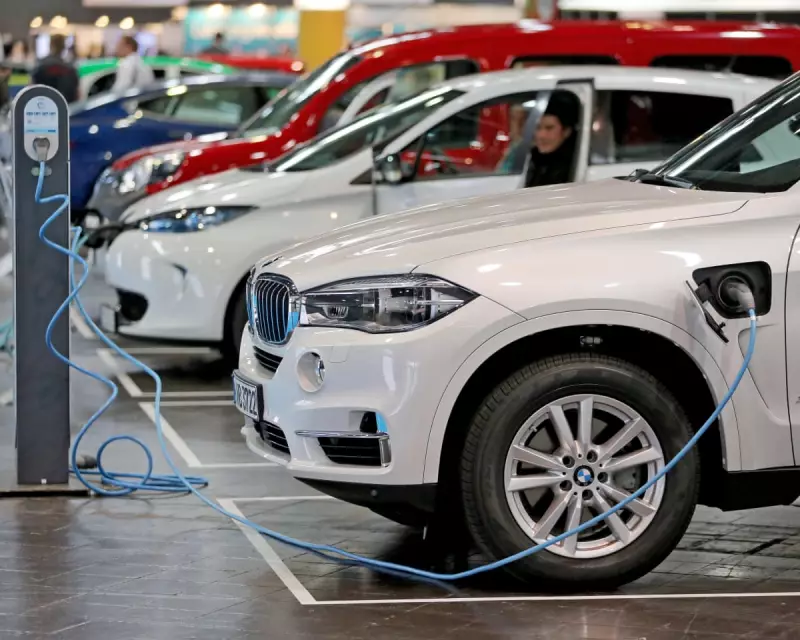
In a revelation that challenges the green credentials of plug-in hybrid vehicles, a comprehensive new analysis has uncovered that these popular cars are emitting far more pollution than manufacturers claim—often approaching levels comparable to conventional petrol engines.
The Emissions Gap: Official Tests vs Real-World Driving
The study, conducted by the International Council on Clean Transportation (ICCT), examined real-world usage data from over 160,000 plug-in hybrids across Europe. The findings paint a concerning picture: these vehicles are producing approximately 89% more carbon dioxide than their official laboratory test results indicate.
Dr Jan Dorn, the ICCT's lead researcher, stated: "The environmental performance of plug-in hybrids is highly dependent on how frequently they're actually plugged in and charged. Our data shows this isn't happening nearly as often as assumed."
Why Are PHEVs Underperforming?
Several key factors are contributing to this emissions discrepancy:
- Insufficient charging: Many owners aren't charging their vehicles regularly, effectively turning them into heavy petrol cars
- Corporate usage: Company car drivers, who benefit from tax incentives, often lack access to charging facilities at home
- Engine dependency: PHEVs frequently default to their combustion engines during motorway driving or aggressive acceleration
Policy Implications and Industry Response
The report comes at a critical time as the UK government considers its approach to vehicle emissions standards. With plug-in hybrids currently enjoying favourable tax treatment and purchase incentives, these findings could prompt a significant policy reassessment.
Transport & Environment, a clean transport campaign group, has called for governments to end subsidies for plug-in hybrids by 2026 and phase out sales entirely by 2030.
This research underscores the urgent need for more accurate emissions testing and honest marketing about the true environmental impact of vehicles marketed as "green" alternatives.





